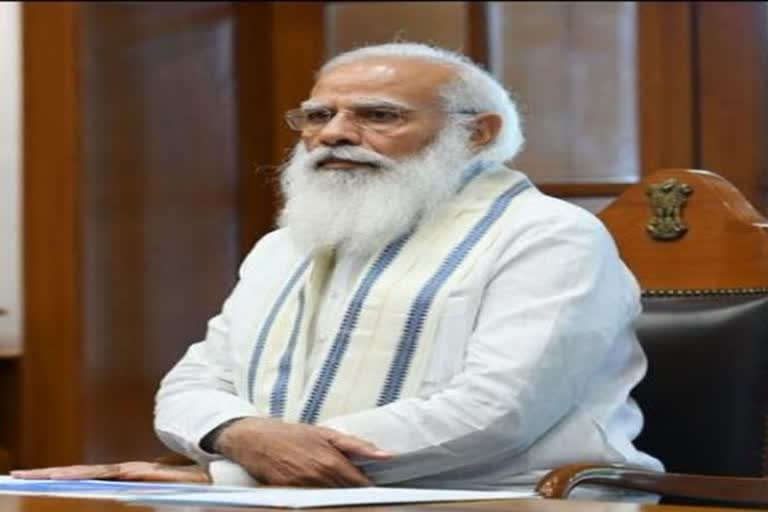New Delhi: Prime Minister Narendra Modi will address policymakers in the domain of education and skill development besides students and teachers from across the country on Thursday via video conferencing to mark the completion of one year of reforms under the National Education Policy 2020. The Prime Minister's Office said Modi will also launch multiple initiatives in the education sector, including the Academic Bank of Credit that will provide multiple entries and exit options for students in higher education besides first-year engineering programmes in regional languages and guidelines for internationalization of the higher education.
The initiatives to be launched also include Vidya Pravesh, a three-month play-based school preparation module for Grade 1 students, Indian sign language as a subject at secondary level and NISHTHA 2.0, an integrated programme of teacher training designed by the NCERT. SAFAL (structured assessment for analyzing learning levels), a competency-based assessment framework for Grades 3, 5 and 8 in CBSE schools and a website dedicated to artificial intelligence will also be launched, the PMO said. The event will witness the launch of the National Digital Education Architecture (NDEAR) and the National Education Technology Forum (NETF). These initiatives will mark a significant step towards the realization of the goals of NEP 2020 and will make the education sector more vibrant and accessible," the PMO said.
Read: India's National Education Policy is futuristic: Modi
The NEP, 2020 is the guiding philosophy for changing the learning landscape, making education holistic and building strong foundations for an Atmanirbhar Bharat, its statement noted, highlighting that it is the first education policy of the 21st century and replaces the 34-year-old National Policy on Education (NPE), 1986. Built on the foundational pillars of access, equity, quality, affordability and accountability, this policy is aligned to the 2030 Agenda for sustainable development and aims to transform India into a vibrant knowledge society and global knowledge superpower by making both school and college education more holistic, flexible, multidisciplinary and suited to 21st century needs while aimed at bringing out the unique capabilities of each student.
(PTI)



